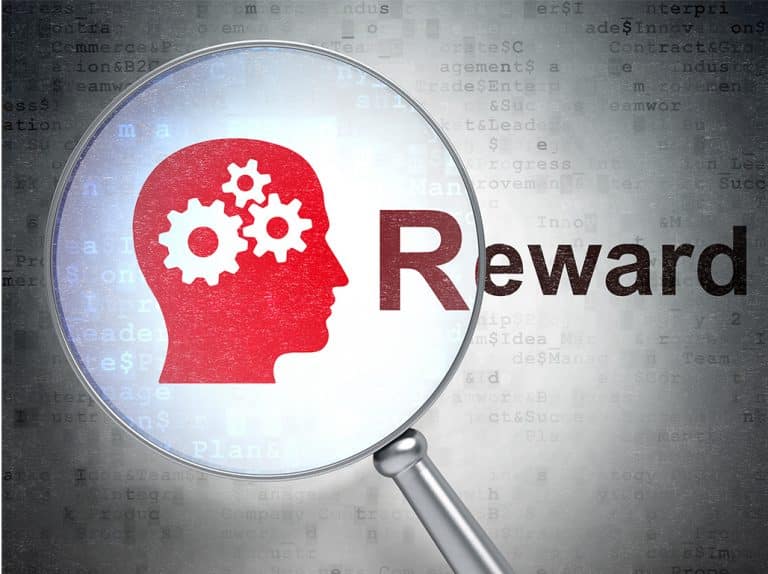The sadness habit doesn’t just happen. This will surprise you: sadness may be a symptom of depression, but it isn’t the cause of depression. You can be sad for many reasons and still have a great and productive life. But what about the recurring thoughts that make you sad? They can be a habit, just like smoking, gaming, and eating, and where do those habits and addiction begin?
All habits begin in your brain where the release of dopamine fuels your behavior
There’s a reason some people have the sadness habit. Here’s a warning sign. Do you worry a lot and feel awful when there’s no immediate reason for it? How do you feel when you wake up? Is there consistently a feeling of unease? The sadness habit is different from depression. It’s a set of negative feelings that come up over and over and follow you around no matter what good things may be happening in your life. The sadness habit affects your mood, your productivity, and even your mental and physical health. Why you have those sad feelings is something for you to think about and explore. Why they torment you 24/7 is the question we’re looking at now.
Why do some people have the sadness habit
Believe it or not, you get something for it, and here’s where dopamine comes in. Your brain is activated by your emotions. When you feel sad around something. You think about it. You’re engaged around it. That sadness fuels you and…can keep you stuck. It all starts in the brain’s reward system. You wouldn’t think sadness, grief, shame, guilt would be brain rewards, but they release dopamine in the same way that healthy emotions and activities do.
Our brain reward system tells us what to do
You know the drama person who’s always looking for conflict? For them, feeling outraged by everything activates chemicals in the brain that give the person who loves to fight the bursts of energy that fuel their behavior. They may say they hate drama, but really they crave it and keep it happening.
Worrying is addictive in the same way. It signals your brain that you’re doing something about whatever causes you stress. Your brain releases chemicals that act as if you’re engaged in problem solving, but in fact you’re just worrying.
Your sadness habit is dopamine release
Brain reward works the same with other emotions. With sad feelings, your brain is activated along a negative track, just the way it is with any addiction. All the systems of the brain work together to influence our thoughts, feelings, and behavior. And memory plays an important part, so the most powerful memories tend to dominate our thinking.
Trauma is a trigger for many emotions
For those of us with trauma, we tend to remember and relive the things we feel guilty about, events that wounded our pride like bullying, verbal or emotional abuse, and shame about things that happened to us. We may hate our sadness, shame, guilt, grief, wounded pride, worry, but they are releasing dopamine nonetheless.
Brain activity doesn’t have a happy filter
Here’s a shocker. Your brain is like nature, which is neutral to catastrophic events and beautiful rainbows. Nature offers up everything without taking sides. Your brain does the same thing. It lights up and engages on all sorts of things: terror, happiness, nastiness, healthy habits and not so healthy habits. That’s cause for exploration. Since your brain doesn’t know the difference between healthy release of dopamine that makes you happy, and unhealthy release of dopamine that keeps you unhappy, you have to become your own brain’s filter.
The cause of the sadness habit is the brain’s reward pathways not knowing the difference between unhealthy release of dopamine and healthy release of dopamine.
You know the difference between being miserable and feeling happy. To recover from sadness, guilt, shame, worrying, grief, you can cultivate the healthy release of dopamine. There are ways to change your mood habits.
It’s enlightening to know that your brain isn’t your enemy, and you can begin to tailor how it responds and fuels you once you know how it works.





















